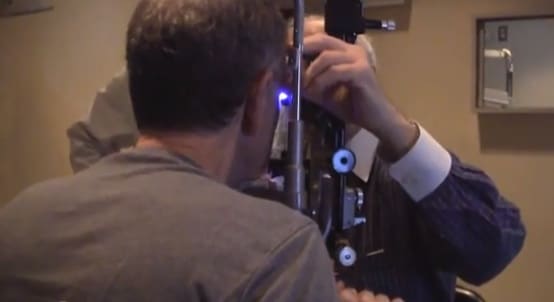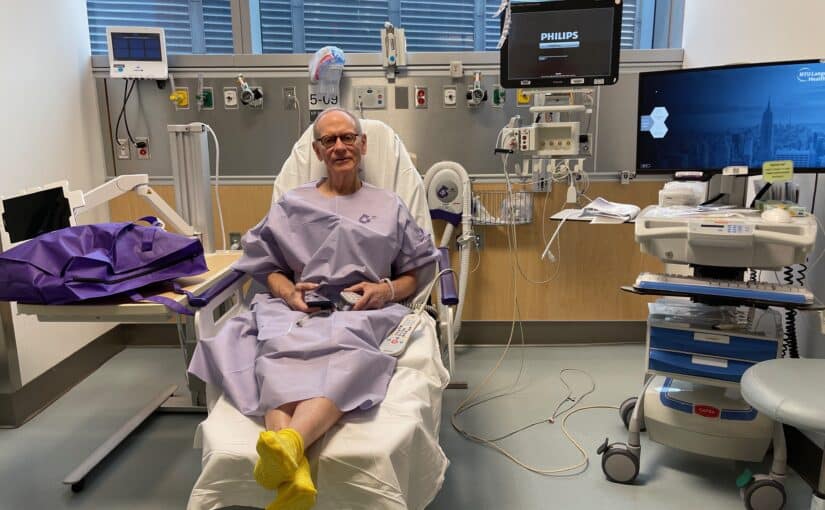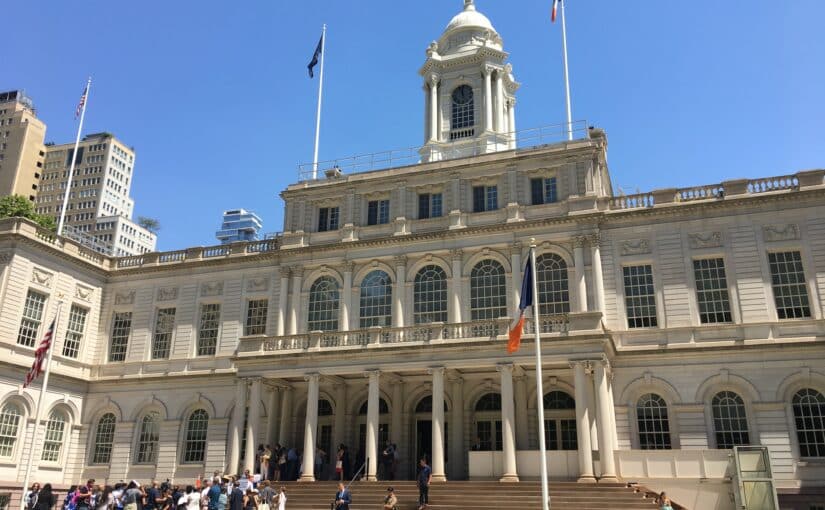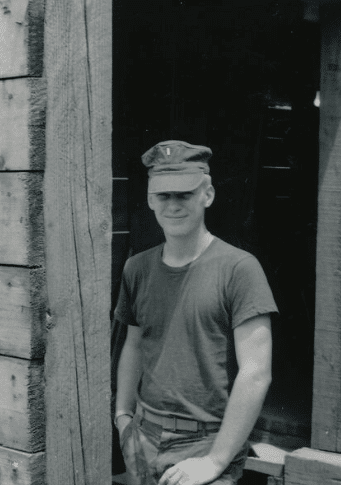by Nick Taylor
Sometimes I wonder what’s worse, my glaucoma or the drugs I have to take to treat it. That’s why it was so frustrating when the company that makes the clinical trial eye drop I’ve been taking, which lowers my eye pressure with no side effects, decided to change it.
And the trial wasn’t even over. 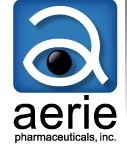 The drug, made by Aerie Pharmaceutical, doesn’t have a name.
The drug, made by Aerie Pharmaceutical, doesn’t have a name.
Around the Manhattan Eye and Ear Infirmary where my rock star ophthalmologist, Dr. Robert Ritch, practices, it’s known as the ROCK drop, short for rho-kinase Inhibitor AR 12286. Rho-kinase isoforms, or ROCKs, affect cell function. They play a role in high blood pressure and heart disease, and doctors sometimes prescribe rho-kinase inhibitors to treat these problems.
In an eye drop, they reduce pressure on the optic nerve just as they do hypertension. At the same time, they improve eye drainage. The buildup of fluid from a lack of drainage is what causes my form of glaucoma. I was one of just ten people in my trial. I took the drop in one eye once a day. It worked really well. My pressure took a 10-point drop from the 20s into the teens within an hour of taking it. The other trial participants had similar results. More exciting, the drop in one eye reduced the pressure in both. But the big question was whether the ROCK drop had permanent effects. Would its action on cell function forever relax the mesh at the back of the eye that allows it to drain? Even if the effect was short of permanent but long-lasting, that would be a major breakthrough! This was why I was so excited about the trial.
Pseudo-exfoliation syndrome is the leading cause of open-angle glaucoma, which affects millions around the world. Most eye drops attack the symptom by reducing the pressure, but not the underlying cause. Laser surgery can blast open the mesh at the back of the eye, but it clogs up again and the eye can’t take too many laser treatments. Many people take drops for years and maintain healthy eyes. But when my drops had beta blockers, I was a side effect waiting to happen.
My eyes itched uncontrollably, watered and got so red I looked like I’d just come from a Grateful Dead concert. Worst of all, they made me so depressed I couldn’t work and could barely hold a conversation.
So I was eager to know what the trial would learn. But it never reached that point. I couldn’t understand it, and neither could Dr. Ritch and his colleagues. They slipped me a supply of the discontinued drop, which will keep me in the healthy pressure range with daily applications. I don’t know what will happen after that.
Maybe Dr. Ritch will put me back on an earlier out-of-the-box experiment involving marijuana. He gave me a Marinol prescription. Marinol is artificial THC, and twice a day I’d puncture a capsule with a pin and squeeze out the gel and rub it on my forehead above my eyes. That brought my pressure down, too. It made me a little goofy, but my wife says that’s not unusual. And it’s better than being depressed.
